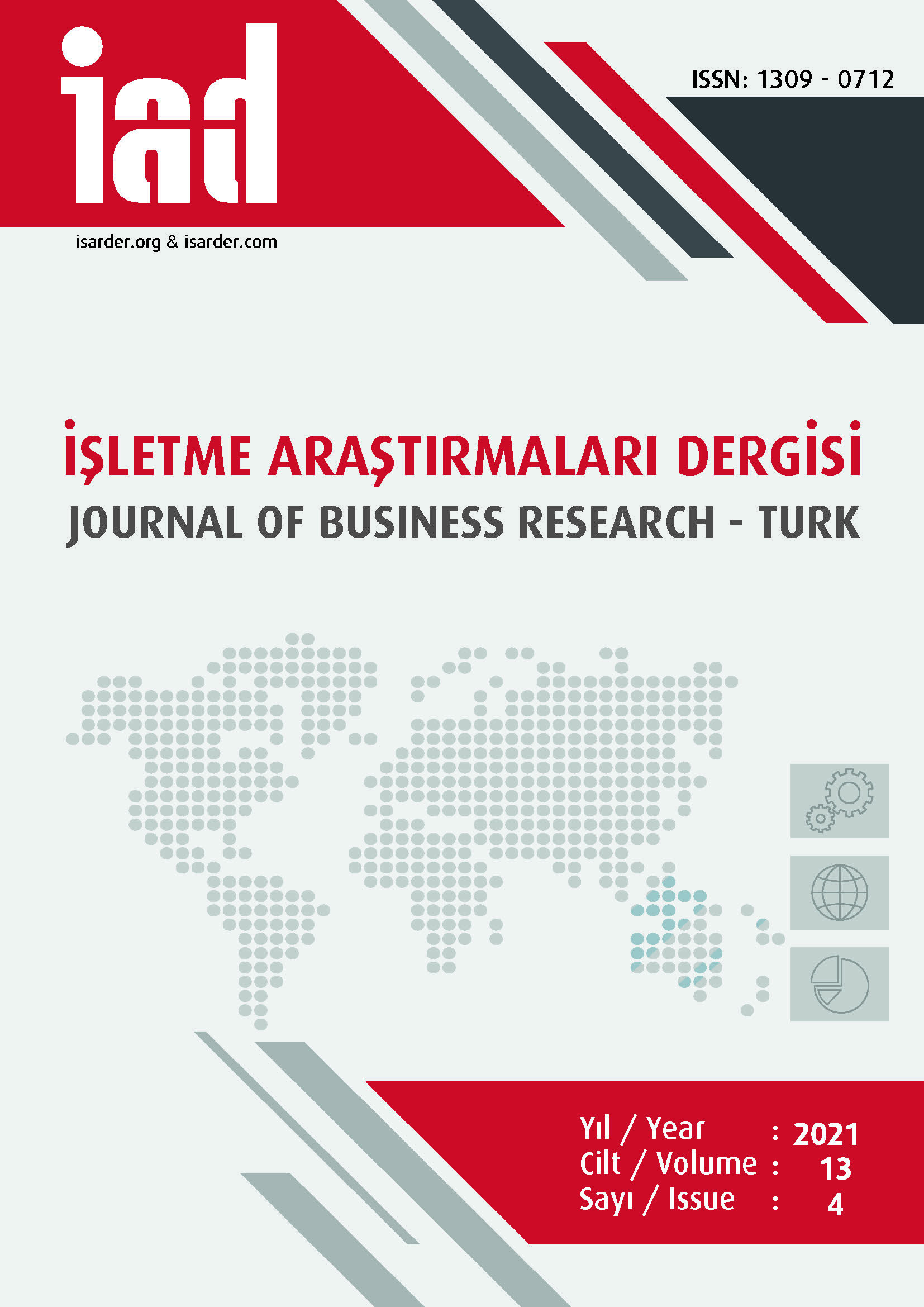(Volatility Forecast For Bitcoin: An Empirical Application for Symmetric And Asymmetric Garch Models)
DOI:
https://doi.org/10.20491/isarder.2021.1326Keywords:
Cryptocurrencies, Risk management, BitcoinAbstract
Purpose - The aim of this research is to examine the model that best explains the volatility of Bitcoin, which has the largest capitalization and the largest transaction volume in the cryptocurrency market. Design/methodology/approach – In research; GARCH (Nonlinear Generalized Autoregressive Conditional Heteroscedasticity) class; GARCH, EGARCH, IGARCH, GJR, FIGARCH-BBM, FIGARCHCHUNG, FIEGARCH, FIAPARCH-BBM, FIAPARCH-CHUNG and HYGARCH models were used. In the research, the daily closing price values of Bitcoin in 2860 days in US Dollars (USD) between 30.04.2013 and 26.02.2021 were used as a data set. Findings - According to the results of the research, the most appropriate predictions for Bitcoin are made with the HYGARCH model. In addition, the GARCH model, which best predicts out-of-sample volatility and has the highest performance; FIAPARCH-BBM model for 1-day forecast, FIGARCH-CHUNG model for 5- and 10-day forecast. Discussion - Bitcoin price volatility is an important input in Bitcoin options pricing formulas, portfolio selection, and risk measurement. Therefore, modeling and predicting Bitcoin price fluctuation is of great importance for both individual and institutional investors and theorists. For this reason, it is thought that the results of the research will be useful in the portfolio risk estimations of individual and institutional investors. In future research, it is thought that new and useful information can be presented to individual and institutional investors by examining the performance of different volatility prediction models for different cryptocurrencies.
Downloads
Published
How to Cite
Issue
Section
License

This work is licensed under a Creative Commons Attribution-NoDerivatives 4.0 International License.





